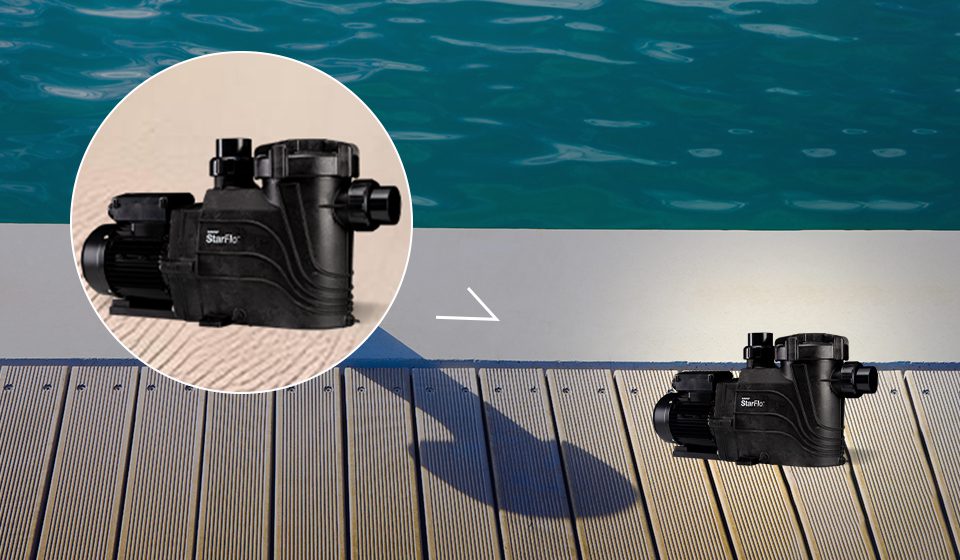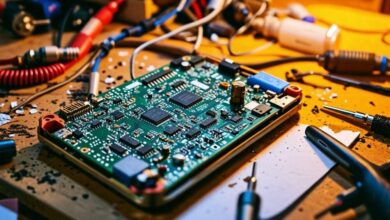The Complete Guide to a Sparkling Pool: Unlock the Secrets

As a pool owner, you understand the critical nature of keeping your swimming pool in the best condition. For novices or recent pool owners, pool upkeep might appear complex and the worst outcome is for your loved ones or acquaintances to become ill due to a poorly maintained pool.
Moreover, a pool that is green in colour can also be quite unattractive, giving your backyard a dishevelled and unwelcoming appearance. In this introductory manual for pool care, you will discover all the essential information to ensure your pool remains clear and safe for everyone.
Monitor your Pool Pump and Filter Closely
The pool water is pumped through filters before being back to the pool. Regularly evaluating the pump and filter’s performance is essential. Clogged filters can reduce the speed of water flow in your pool or impact the functionality of other pool gear. A dysfunctional pool pump can impede the flow of water, diminishing the pump’s effectiveness and leading to the pool becoming unclean.
The pool pump and filter are no longer working properly? Upgrade them with the latest model and design.
Upgrade Your Traditional Pool to Salt Water Pool
However, traditional chlorine systems use a lot of chemicals to maintain the pool’s chemical balance. You can invest in a saltwater chlorinator to keep your pool’s chlorine levels in check while helping you remove algae and grime at bay.
You should not put chemical chlorine directly into the salt water pool; instead, you should add salt, which produces the chlorine. The chlorine present in it is produced through chemical electrolysis that takes place inside a salt water chlorinator or generator. Chlorine levels in salt chlorinator pools are typically lower, making the water more pleasant for the skin and eyes.
Understand Your Pool’s Chemistry
While a chemistry degree is not necessary, following these scientific steps is essential for maintaining safe pool water.
- Chemical balance is essential in water chemistry, with pH levels, alkalinity, and sanitiser levels being critical components. Use a testing kit to check your water weekly for these chemical levels, and make any necessary adjustments.
- Your sanitiser may require a little extra help occasionally, particularly after a major storm or a large pool gathering. Shock your pool by adding an excessive amount of sanitiser to eliminate all bacteria. It is recommended to do this step every couple of weeks as a good habit.
Cleaning
Adhere to these guidelines for weekly pool cleaning to keep your pool pristine :
- Use a pool brush to clean all pool walls in order to avoid any accumulation of algae and stains. Take particular care to inspect the areas surrounding stairs, ladders, and beneath the skimmer.
- Use a net or leaf rake to quickly remove big debris floating in the water. This rapid process helps to maintain a skimmer free from debris and guarantees that your pool remains visually appealing to swimmers.
- Vacuuming is important because dirt on the pool floor makes the pool look unclean and can cause blockages. Weekly, clean the pool floor with a vacuum to remove any debris that has accumulated.
Concluding Thoughts
At first, new pool owners may find the task of upkeep overwhelming, but by being well-informed and dedicated, it can quickly become a regular part of your schedule. By keeping these basic tactics in consideration, you’ll guarantee that your pool continues to bring happiness throughout the entire summer. Consistent maintenance and immediate problem-solving are essential for a stress-free pool experience. Have fun in the cool waters and here’s to many more sunny days in your well-kept pool!





